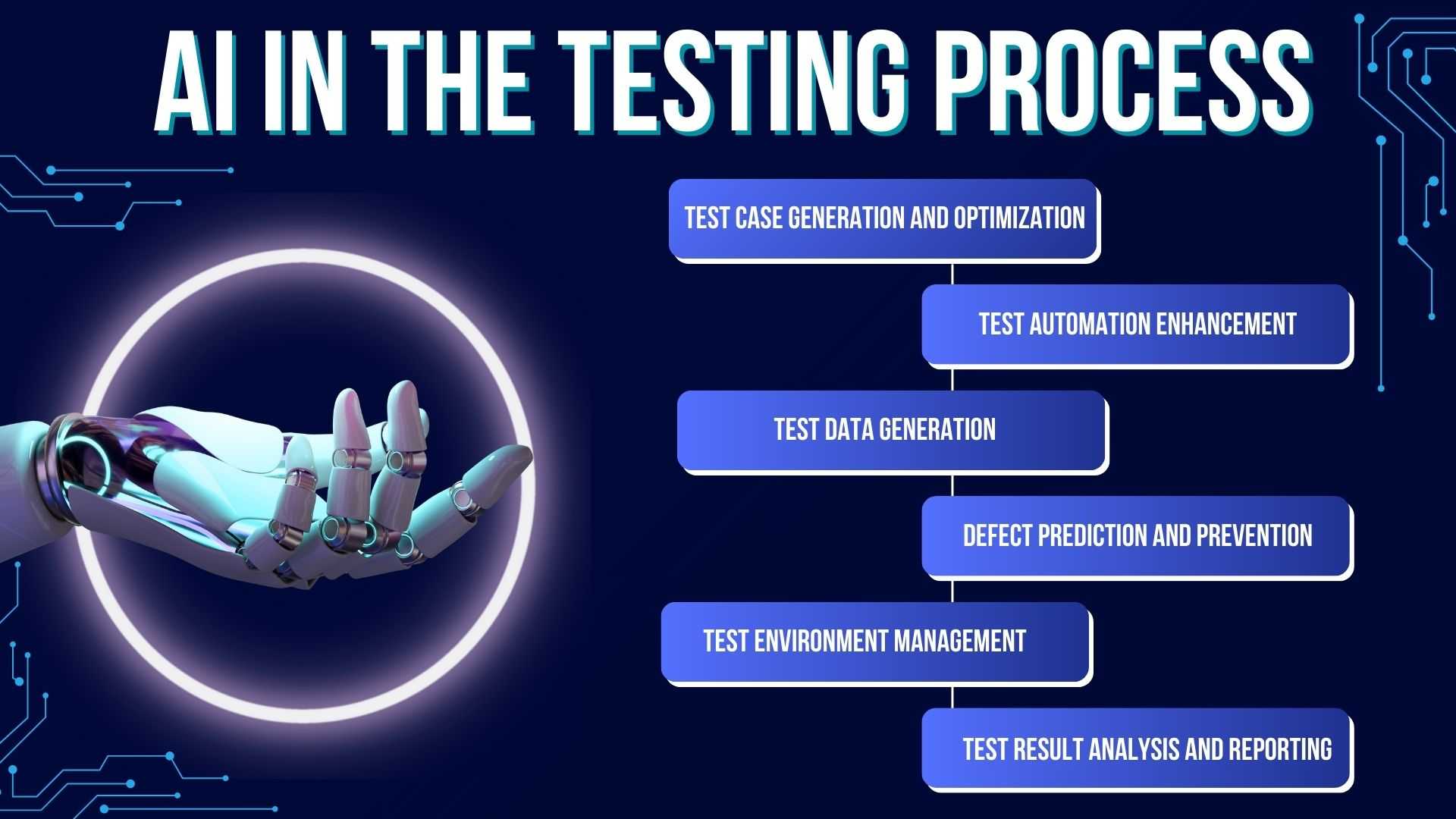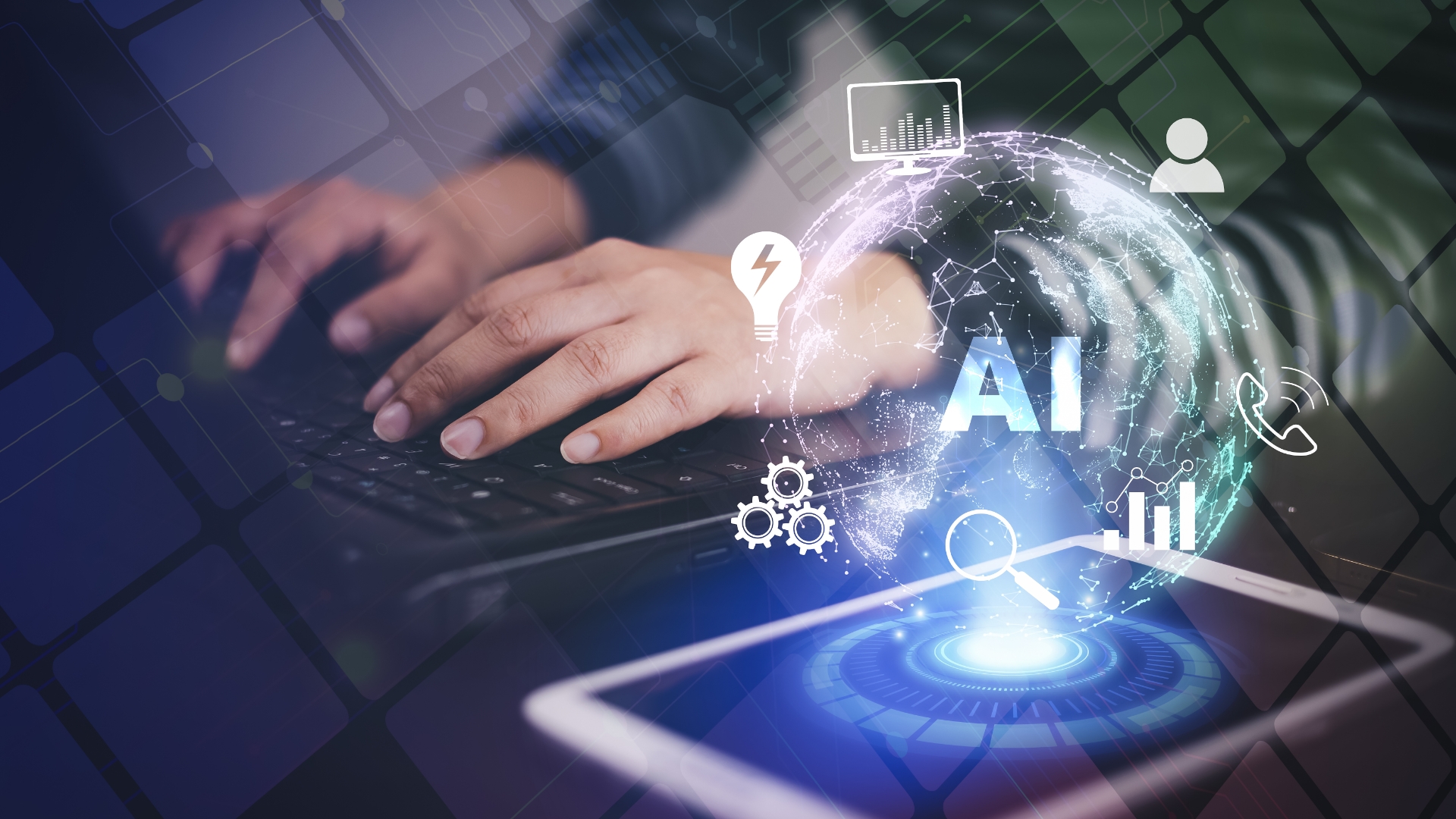How Generative AI is Transforming Software Testing
Software testing is a critical step in the software development and implementation process. A robust software testing strategy is mandatory for ensuring successful deployment. Traditional methods often struggle with scalability, consistency, and speed. This is where Generative AI helps bring in a paradigm shift to the process. From automation of test cases generation to prediction and prevention of errors, Gen AI has helped cement the new, improved era of software testing — a shift enabled by advanced Generative AI development services. As a testament to the shift in industry trends and the increasing dependence on AI to enhance quality assurance, the global market for AI-powered testing tools is predicted to reach $3.8 billion by 2035 as compared to the $ 686.7 million in 2025.
What is Generative AI in Software Testing?
Gen AI pertains to algorithms that produce new content or data based on training from existing datasets. When it comes to Gen AI-based testing, AI systems can independently create test cases, simulate user interactions, and even forecast possible errors by identifying and analyzing the patterns inside the codebase. Organizations often leverage generative AI consulting services to implement these advanced testing strategies effectively. This feature not only accelerates the process but also improves the depth and intensity of testing.

Modernizing the Software Testing Lifecycle
Gen AI generates synthetic test data that simulates real-world data, which helps detect system vulnerabilities and enhance test data quality. Also, AI analyzes existing test data to identify anomalies and patterns, which help proactively identify hidden errors.
Generative AI plays a vital role by automating repetitive test cases and freeing up testers to focus their time and energy on critical and strategic testing processes.
AI-enabled test automation services intelligently identify test cases, improve test execution, and understand test results to highlight areas for optimization. Creation of self-healing test scripts is another feature of AI, that helps by automatic adaption to changes in a system under test.
Automated Test Case Creation
A significant contribution of Gen AI is its capability to automate the generation of test cases. Conventional methods demand manual scripting, which is time-intensive and prone to human errors. Gen AI models can autonomously generate diverse and complete test scenarios after comprehensive analysis of application code. The automated test scenarios include edge/ corner test cases for negative scenarios that may be overlooked during manual testing. Such a process ensures optimized test coverage and a more robust code quality.
Proactive Bug Identification and Prevention
Other than test cases creation, Gen AI can detect potential defects before they impact system. By analyzing code patterns and historical data, AI models can proactively predict code segments susceptible to errors, enabling developers to address bugs early in the development phase. This proactive ability not only optimizes software robustness and reliability, while reducing the effort and cost associated to post-release bug fixes.
Improved Test Data Generation
Efficient testing needs high-quality test data. Gen AI is capable of generating realistic test data that simulates product environments, ensuring an accurate and meaningful testing result. Such a process is advantageous for scenarios where testers can’t use authentic user data due to privacy regulations.
Continuous Testing and Integration
Continuous integration and continuous deployment (CI/CD) are standard in modern DevOps practices. Gen AI blends in seamlessly with these practices by enabling continuous testing. AI-driven tests can be automatically triggered with each code commit, providing immediate feedback and ensuring that new changes do not bring in unforeseen bugs. This integration accelerates development cycles and promotes a culture of unbroken quality.
Real-life Applications for Gen AI in Software Testing
- Visual testing: Gen AI can be used to automate visual testing, that is necessary to test the visual appearance of the application. Doing this step ensures that the application meets the designs needs and looks accurate as per requirement.
- Exploratory testing: Gen AI facilitates automation of exploratory testing. It helps in improving the testing of application in a free-form manner. Exploratory testing helps identify undocumented and unexpected defects.
- Detect and prioritize test cases: Gen AI helps proactively detect test cases that will highlight bugs. It helps testers to focus their efforts on critical code areas.
- Automation of test maintenance: Test maintenance is simplified with Gen AI. AI-enabled testing solution helps test cases are adapted as and when code updates/changes happen.
Advantages of Generative AI in Software Testing over Manual Testing
Integrating Generative AI into software testing delivers multiple compelling advantages compared to conventional manual methods:
- Speed and Efficiency: AI-driven testing hastens the testing process by automating repetitive tasks, facilitating faster feedback loops and shorter development cycles.
- Consistency and Accuracy: Automated tests decrease the variability bought in by human testers, ensuring consistent execution and reliable outcomes.
- Scalability: Gen AI can handle large-scale applications and adapt to dynamic testing requirements, making it compatible with complex and evolving software systems.
- Predictive Bug Detection: Predictive analytics enable the identification of potential bugs early in the development process, reducing the cost and effort associated with late-stage defect fixes.
- Improved Test Coverage: AI can generate a distinct array of test cases, including edge/negative scenarios that might be missed in manual testing, leading to more comprehensive coverage.

Cons and Considerations with Gen AI
Yes, the benefits are massive, but integration of Gen AI into software testing is not without challenges:
- Data quality: The promised efficiency of AI models depends on the quality of data they are trained on. Incorrect or biased data will lead to unreliable test outcomes.
- Tool selection: Selecting the right AI-powered testing tools that match with organizational needs and existing workflows is vital for successful implementation.
- Skill requirements: Teams may need upskilling to efficiently utilize AI-driven testing tools and interpret their outputs.
- Integration with existing processes: Smooth incorporation of open-source automation tools into existing development and testing pipelines is complex and may necessitate process adjustments.
What Can Be Expected in the Future for Gen AI in Software Testing?
Generative AI in software testing is predicted for continued growth. As AI algorithms become more advanced, their ability to understand and interact with complex codebases will increase, leading to even more efficient testing solutions. Furthermore, as organizations increasingly adopt Agile and DevOps strategies, the demand for rapid and reliable testing will further drive the integration.

